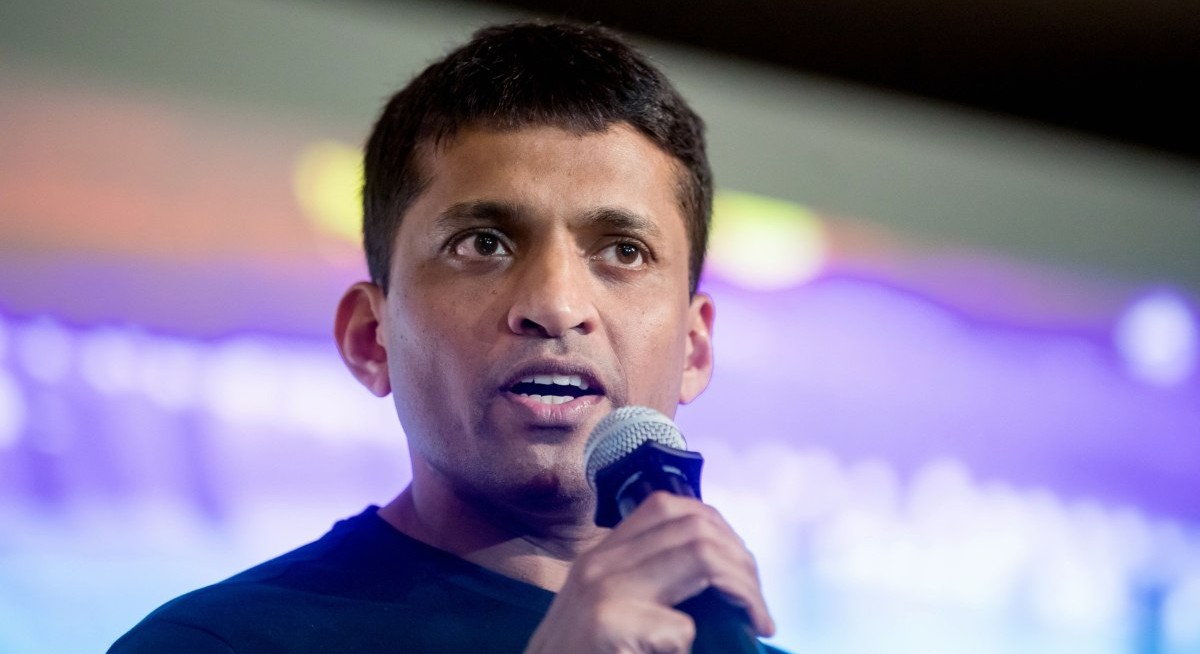Though Cooper has been in orbit for just over seven hours, his trip equates to 51 years on Earth. When Cooper returns to Earth, his daughter (who was 10 when he left) is now much older than him.
The 20 months have seen time move forward by 20 years. In 2019, children in poor countries had to walk for miles to go to school. Today, many study at home online.
The use of technology in education (EdTech) has risen at a galactic pace due to Covid-19. The lockdown has closed many schools, and this led to a surge in online teaching. This surge has been so dramatic that it seems like time travel.
India is home to a quarter of the world’s schoolchildren. The country’s 256 million school children have been deprived of normal schooling for most of the Covid-19 era.
Online education has provided an alternative. Byju’s, a trailblazer in EdTech, is an Indian company founded by a small town mathematics teacher Byju Raveendran. He started the company in 2011 at the age of 30.
Byju was already a celebrity teacher who used to travel around India lecturing. His parents had been teachers in rural India. The young man had a unique talent for explaining mathematics to children.
His lectures were like Beatles concerts. They were packed with thousands of attendees per session. Children aged between 10 and 15 jostled for space. Their eyes were transfixed on huge projectors. Attendance peaked at 24,000 at a session in Delhi. There were even fears of a stampede.
Byju then realised that there were limitations for in person teaching. He could only go to a few cities in a week. The number of attendees was capped by the floor space. So in 2015, he moved online. He developed an app where his content could be used on smartphones. School mathematics curriculum was conveyed in colourful cartoons and puzzles.
The introduction of the Byju app was a masterstroke. It scaled the company from a one-man show to a massive enterprise. They soon recruited hundreds of teachers and programmers. Other subjects like physics and geography were added.
Secret of success
India is a land of immense contrasts. Despite a deep pool of skilled workers, it has more illiterates than any other country. It also produces more science graduates a year than the population of Sweden. Yet, more than half of the fifth graders cannot solve a simple subtraction problem.
Byju’s success was because it targeted students. Others had attempted EdTech collaboration with the schools. Instead, Byju’s developed the content independently. This meant that it could be inventive. The attractive videos in the app supplemented the school curriculum.
Byju’s grew steadily until March last year, when Covid-19 triggered an explosion in use. Since then, the platform has more than doubled its users to around 100 million. Almost a tenth of the users are paying subscribers.
It operates on a freemium model. Basic content is available free. Higher quality material is only for paying users. It is now mulling an IPO next year. Bloomberg states that the company is valued at US$21 billion ($28 billion), with potential revenue of US$1 billion. This is seven times its pre-Covid-19 valuation. It has a war chest of US$3 billion from investors like the Chan Zuckerberg Initiative (CZI), which is owned by Facebook founder Mark Zuckerberg and his wife Priscilla Chan.
The buoyancy of India’s EdTech scene is in contrast to China. In May, China imposed a ban on online tutoring. The Chinese EdTech stocks are down 45% since the restrictions. The victims include New Oriental Education & Tech Group and TAL Education Group. Singapore Exchange-listed Raffles Education Corp — which operates schools in China — has collapsed as well, although it is facing a slew of other issues.
There were concerns over EdTech in China even before the crackdown. Accounting fraud is rife in the space. Fake student numbers are a common tactic. Similar risks may apply in India. However, Byju’s and its peers have filled a void in a catastrophe. The authorities may not stand in the way of its galactic ascent.
Nirgunan Tiruchelvam is head of consumer sector equity at Tellimer and author of Investing in the Covid Era. He does not hold any position in the stocks mentioned in these columns
Photo of Byju Raveendran, founder and chief executive officer of Think and Learn Pvt: Bloomberg



